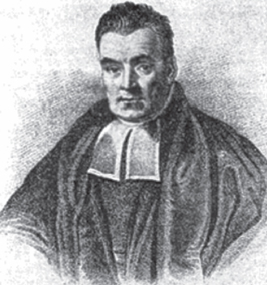3 Conditional Probability – Independent Events

An English mathematician and Presbyterian minister, best known for the theorem that bears his name. He studied theology at Edinburgh University (1719–1722) and, following his father, became a Presbyterian minister at Tunbridge Wells, southeast of London. Although he received no formal mathematical training and published only one piece of mathematical work in his lifetime, in which he defended the foundations of Newton's calculus (published anonymously in 1736), this work showed him as an able mathematician and presumably on this account he was elected a Fellow of the Royal Society in 1742.
In his later years, he developed a keen interest in probability, apparently after reading a book written by de Moivre. After his death, his relatives asked another Presbyterian minister to examine the mathematical papers, written by him, which they had found. One of these papers contained a special case of what is today famously known as Bayes' theorem.
In his work, Bayes treated probabilities as quantities expressing a degree of belief. This interpretation of probability, which is also known as subjective probability and was popularized in the nineteenth century by Laplace, has become quite popular in statistics and decision theory. The term Bayesian statistics (or ...
Get Introduction to Probability. now with the O’Reilly learning platform.
O’Reilly members experience books, live events, courses curated by job role, and more from O’Reilly and nearly 200 top publishers.

